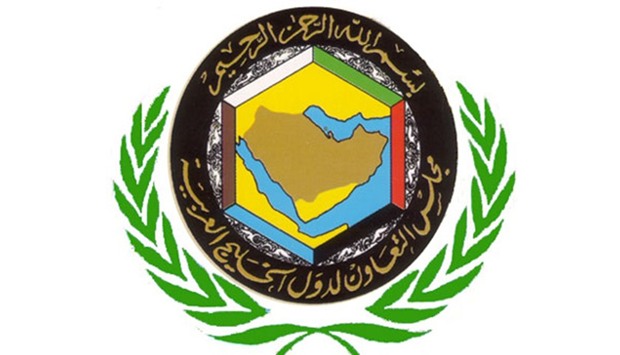The GCC (Gulf Co-operation Council) will see massive investments in the renewable space, particularly in the solar PV (photovoltaic) sector, in which capital markets can play a bigger role, according to Standard and Poor's (S&P), a global credit rating agency.
If the GCC meets its solar energy targets, the region could save huge amounts of oil and gas with International Renewable Energy Agency estimating a cumulative savings of 2.5bn barrels of oil equivalent between 2015 and 2030, S&P said in a report.
"We have yet to see any major renewable projects funded by the capital markets, that is, by project bonds," S&P said in a report.
This is because local and international banks remain very accommodative of large transactions, offering very attractive pricing levels and terms, it said.
Qatar has ambitious plans to increase the role of solar, it said, pointing out that Siraj Power, a joint venture between Qatar Electricity and Water and Qatar Petroleum, is currently building a 200MW plant, with an expansion plan of up to 500MW solar plant in Qatar that is scheduled to be completed in 2020.
"Looking at the size of more recently announced projects (in the GCC), we believe the capital markets can play a more important role in funding some of these projects in the near future," it said.
While none of the projects announced to date has been funded via capital markets, the GCC might still see some of these bank-funded deals refinanced via capital markets once they are operational, it added.
Some issuers might also resort to the nascent green bond market to diversify their investor base, S&P said, highlighting that the market has grown by 80% a year over the past five years and "we expect it to continue expanding at a fast pace."
While there might be a natural GCC investor market for green finance, "we suspect that GCC issuers may combine green and vanilla sukuk features in any green financings they undertake, effectively tapping into two distinct liquidity pools," the rating agency said.
The GCC's efforts to become a large producer of solar energy come at a time when its energy consumption has increased substantially in the past two decades in line with fast-paced population growth, investments in energy-intensive industries, as well as growing water desalination efforts. While rich in hydrocarbon reserves, GCC countries also enjoy two key prerequisites for renewables, specifically solar, it said.
The GCC countries enjoy very high solar radiation levels and a large number of sunlight hours throughout the year — two factors crucial for efficient and economically viable solar electricity generation. Close to 60% of the GCC's land surface area has excellent suitability for solar PV deployment.


